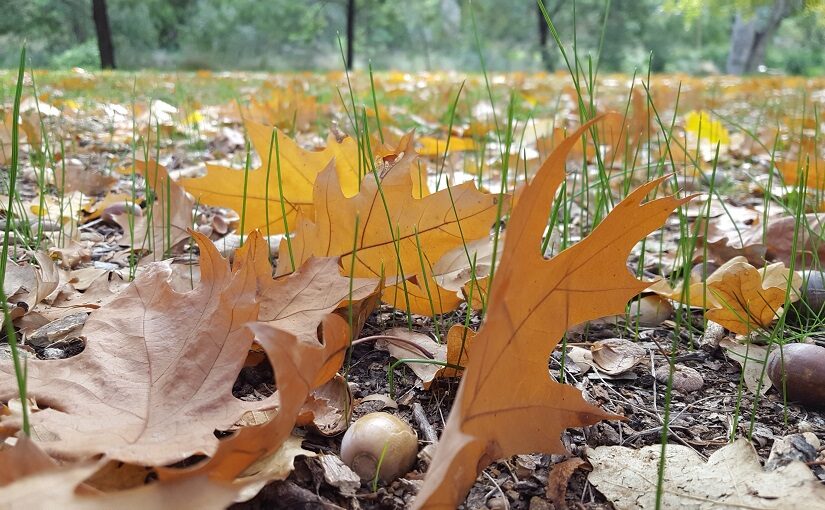As humans, personally as much as collectively, isn’t “growth” generally some form of movement out of limitation into a place of greater awareness? This archetypal path from ignorance to enlightenment as we discover all those things we didn’t yet understand or know how to master. Almost as if we’re growing “into” our environment, learning more about it, then hopefully living well within it.
Ideally, I’d imagine we’d “meet” everything we need to know in youth: all the principles that would enable us to rightly interpret, evaluate and respond to everything we’d meet in life. That we emerge into the world with comprehensive grasps on reality, our worth, and the value of all we do. Realistically, responsibly integrated into life with a balanced sense of where we stand. (Notes One)
What if that doesn’t happen, though? Or, if the world’s changing and coming together so fast that any “preparation” one group of people offers is incomplete: the knowledge “we” might hope to impart not necessarily working well alongside the priorities or experiences of all the “others” we’re now almost inevitably going to come across in life. Hasn’t the time of a single voice, interpretation or “truth” come to an end? (Notes Two)
When we meet things we don’t know or understand, though, what are we to do? As competent, capable adults, do we plough confidently through our ignorance or tread carefully and continue that stance of “learning”? At some point, it seems the need for admiration demands we conceal any uncertainty for fear of losing ground. But, where does that lead?
Looking back, we might see many things we’d do differently – judging with the eyes which experience and growth have given us. Isn’t it good we change? That we realise things that weren’t clear to us, we’d not met before or had never managed successfully. This sense in which “life” tends to expose shortcomings and challenge us to overcome them. (Notes Three)
Almost as if life “is” that path of expanding awareness as our capacities lead us into situations that ask us to lift our minds to new levels. As if, rather than performance, life’s more our engagement with the task of being human within this environment we’re creating. Perhaps it’s “better” we reach more tentatively into areas of the unknown? (Notes Four)
It seems, though, that we want our “path” to be perfect: unerring arcs of humans conquering the world, displaying our brilliance and being proved right. Yet, won’t we almost always be defending ideas we no longer hold? Twisting narratives to look good and conceal any misjudgements what might well have littered our path.
If our knowledge – regrettably – is limited, isn’t our task to grow beyond that to the point of judging ourselves? Life, perhaps, being this path of assimilating the lessons of any mistakes to broaden our understanding enough to help prepare others. The “right” ideas might be all around us, but don’t we still have to reach the point of recognising them and, somehow, correcting our own?
Notes and References:
Note 1: Connecting truthfully with life
Note 1: Knowledge, capacity & understanding
Note 1: Integrity and integration
Note 2: Understanding & staying informed
Note 2: Seeing where others are coming from
Note 2: Making things up as we go along
Note 2: On whose terms?
Note 3: The struggle with being alive
Note 3: Problems & the thought that created them
Note 3: Ideals & the pursuit of them
Note 3: Where’s the reset button & can we press it?
Note 3: Desire to retreat, need to engage
Note 4: Tempting justifications of self
Note 4: Appreciating other ways of being
Note 4: Going towards the unknown

